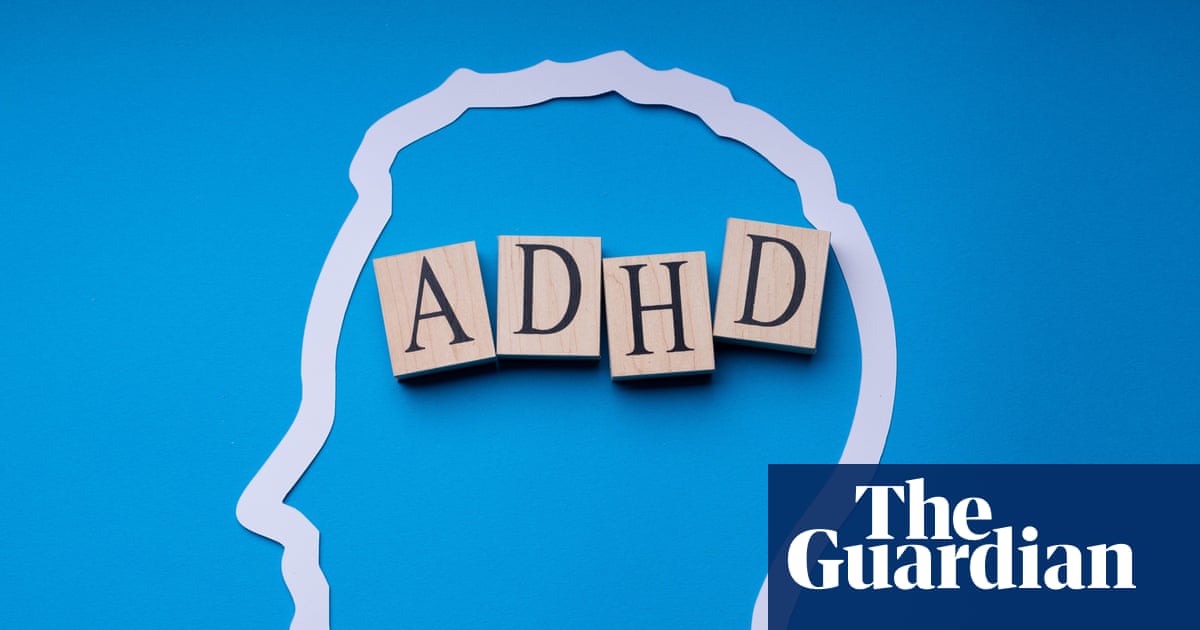The NHS is overspending by £164m a year on attention deficit hyperactivity disorder (ADHD) services, with an increasing amount going to unregulated private assessments, a Guardian investigation has found.
Analysis shows that total spending on NHS…

The NHS is overspending by £164m a year on attention deficit hyperactivity disorder (ADHD) services, with an increasing amount going to unregulated private assessments, a Guardian investigation has found.
Analysis shows that total spending on NHS…